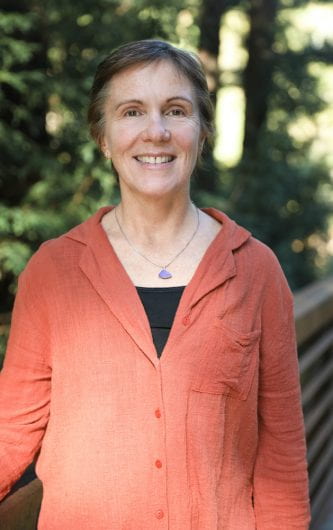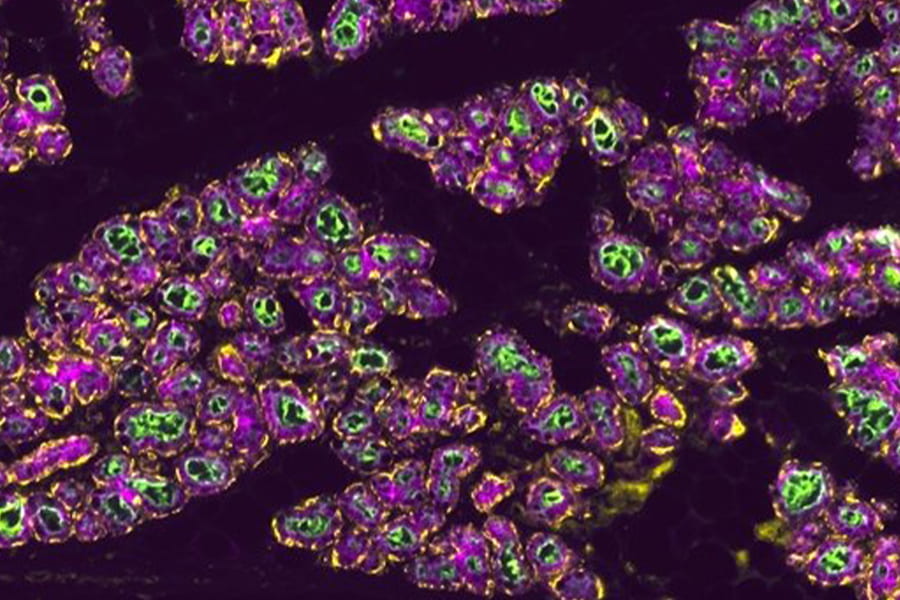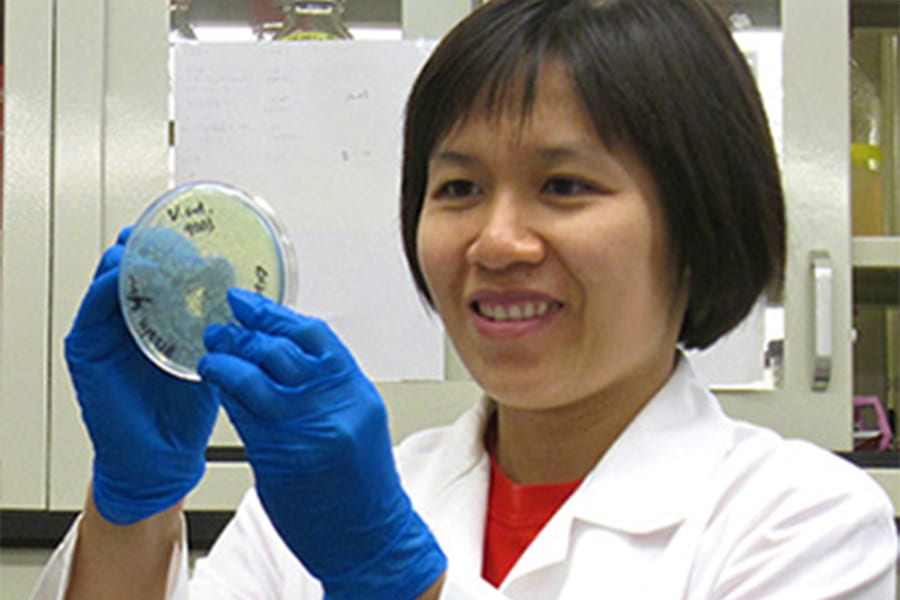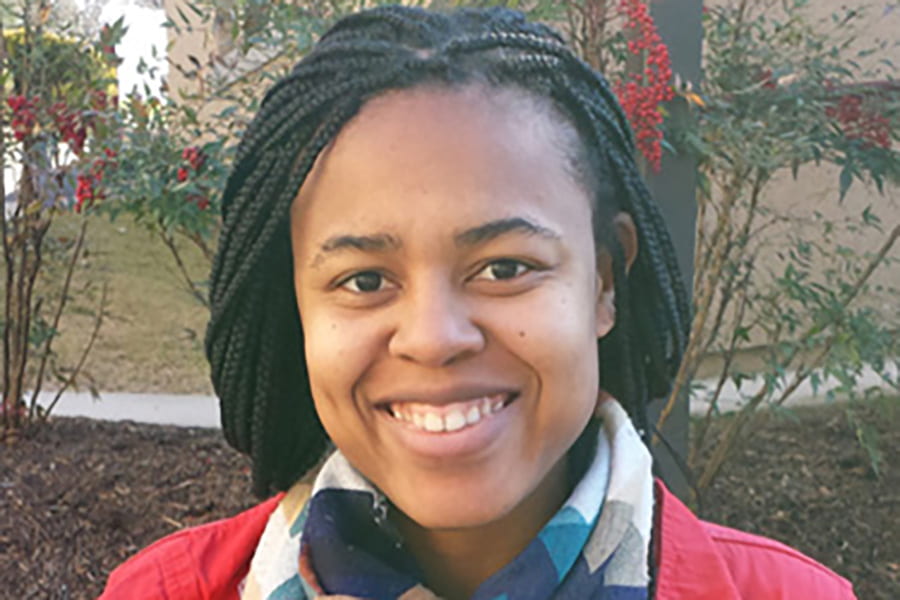
The National Institute of Child Health & Human Development (NICHD) has awarded a large research grant to Lindsay Hinck, Professor of Molecular, Cell, & Developmental Biology at UC Santa Cruz.
Lindsay will use the NICHD research grant to address the public health concern of lactation insufficiency—a substantial problem impacting the health of women and children worldwide.
Currently, there is a fundamental gap in understanding the role of tissue-specific stem/progenitor cells and their capacity for division and renewal. In tissues, such as the breast, these cells undergo expansive growth and differentiation with every pregnancy. Yet, mechanisms regulating the generation of binucleated, milk-producing alveolar cells are scarcely understood. Until this knowledge gap is closed, Lindsay said that “we will be unable to support the substantial number of women who produce insufficient milk.”
In other words, even though mother’s milk is optimal nutrition for infants, there is a gap in understanding how the milk supply is generated during pregnancy and there are few medical inventions to support women who experience lactation insufficiency.
Lindsay will test which molecular signaling pathways regulate the generation of the milk-producing polyploid (containing more than the typical two homologous sets of chromosomes) cells during the formation of mammary alveoli. Her long-term research goal is to understand how mammals harness stem/progenitor cells to build a milk supply.




